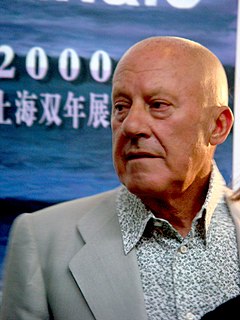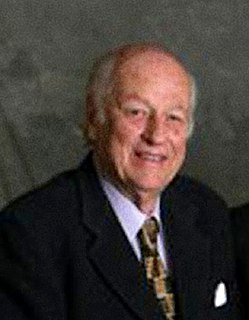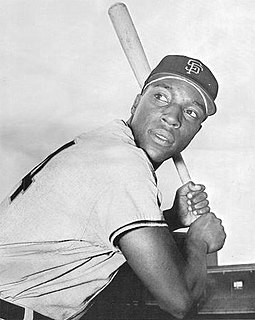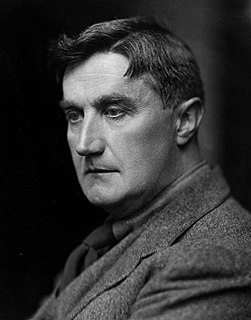A Quote by Norman Foster
When the Great Fire of London destroyed most of the medieval city in 1666, Christopher Wren was invited to design a new one. Within days, he had drawn up an elegant grid of broad boulevards leading to majestic squares, but it came to nothing - the existing landowners wanted things as they had been.
Related Quotes
Animation had been used only for things like King Kong and the destruction of cities, which was very popular in the 1950s. I got tired of destroying cities. I destroyed New York, I destroyed San Francisco's Golden Gate Bridge, Rome, and Washington. I was looking for a new outlet, and I came across the Sinbad legends.
I had talked for years about doing a restaurant with Rocky Dudum, who's been my friend since I first came to San Francisco. Then Rocky's son, Jeff, said he wanted to design it, so he traveled around the country to sports restaurants like Mickey Mantle's and Michael Jordan's, and he came up with a great concept.
I have a love-hate relationship with New Orleans, which is the strongest sort of relationship. I've had some extraordinary, beautiful, poetic experiences in this city and I've had some terrible experiences in this city. I'm drawn to New Orleans, in many ways feel I grew up in New Orleans, even though I'm from the West.
Whoever is born in New York is ill-equipped to deal with any other city: all other cities seem, at best, a mistake, and, at worst, a fraud. No other city is so spitefully incoherent. Whereas other cities flaunt there history - their presumed glory - in vividly placed monuments, squares, parks, plaques, and boulevards, such history as New York has been unable entirely to obliterate is to be found, mainly, in the backwaters of Wall Street, in the goat tracks of Old and West Broadway, in and around Washington Square, and, for the relentless searcher, in grimly inaccessible regions of The Bronx.
In those days, in 80th, people were really hungry for information - and, somehow, I had pretty good access because I had friends in London, New York, Los Angeles, everywhere. I'd been visiting many places and talking with people, so I had a constant flow of new info. I sometimes did articles for magazines and things, and people started to say, "If you want to know what's going on, ask Hiroshi." So that was the beginning with Goodenough.
There [is] a feeling of recognition, as of meeting an old friend, which comes to us all in the face of great artistic experiences. I had the same experience when I first heard an English folksong, when I first saw Michelangelo's Day and Night, when I suddenly came upon Stonehenge or had my first sight of New York City - the intuition that I had been there already.
Martin Scorsese was one of the few who had not been an assistant. Most of the guys had been an assistant and worked their way up. But I had seen an underground picture he had made in New York, a black-and-white film. I had done a picture for American International, about a Southern woman bandit, the Ma Barker story, and it was very successful, and I had left to start my own company, and they wanted me to make another one.
When I first came to New York City, what I was thrilled about was not the Empire State Building, or the Statue of Liberty; it was the fireplugs in the street. These things that Jack Kirby had drawn. Or these cylindrical water towers on top of buildings that Steve Ditko's 'Spider-Man' fights used to happen in and around.








































